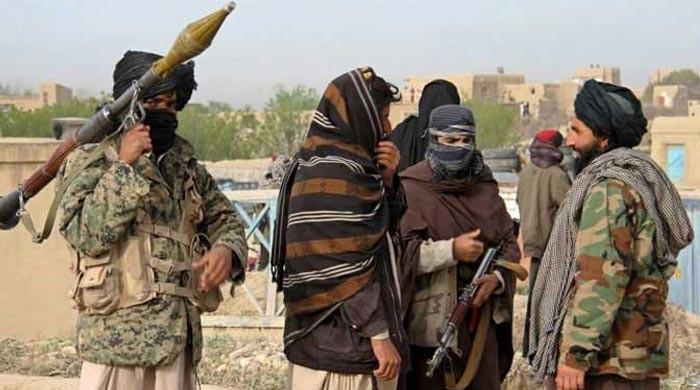- KP Govt prioritizes talks with TTP on Army Action: Report.
- Said that the federal government is mainly focused on military operations.
- Pti Govt continued talks with TTP from 2018 to 2022: Report.
Pakistan’s efforts to limit the recent increase in terrorism are hampered by internal political divisions, in particular on different approaches between the center and the Khyber Pakhtunkhwa (KP) government, according to a report by The diplomat – A publication based in the United States has focused on policy, security in the Indo-Pacific region.
According to the report, the divergence of politicians has made it difficult for political leadership to develop a unified and complete strategy to combat the growing threat of activism across the country.
Pakistan witnessed an increase in cross -border terrorist incidents since Taliban leaders returned to Afghanistan in 2021, in particular in the bordering provinces of KP and Balutchistan.
The report indicated that the internal political dynamics, including different strategies pursued by the federal government and the provincial government of Pakistan Tehreek-E-insaf (PTI) in KP, have complicated the efforts to combat terrorism.
“The strategy of fighting Pakistan terrorism has historically fluctuated between kinetic operations against militant groups and dialogue. For example, during Imran Khan’s mandate as Prime Minister from 2018 to 2022, the PTI continued a negotiation policy to manage the TTP threat. Then it was presented as a pragmatic step to defuse violence in the province, “he said.
However, according to the report, criticism of the Pakistan policies’ development circles argued that it was also an attempt at KP political groups to appease the Afghan Taliban in order to win their cooperation against the TTP.
“Politics apparently aimed to promote good will with Kabul. However, he turned against him, because he ended up embraced the activists who had returned to Pakistan and allowed space for cross -border infiltrations,” said the report.
The report indicates that Islamabad seems to have learned the hard lessons of appeasement. Consequently, the coalition government led by the Muslim League of Pakistan in office (PML-N), as well as state institutions, firmly excluded negotiations with TTP.
However, in KP, where the PTI has power, the change in policy without words with the provincial government, he added.




